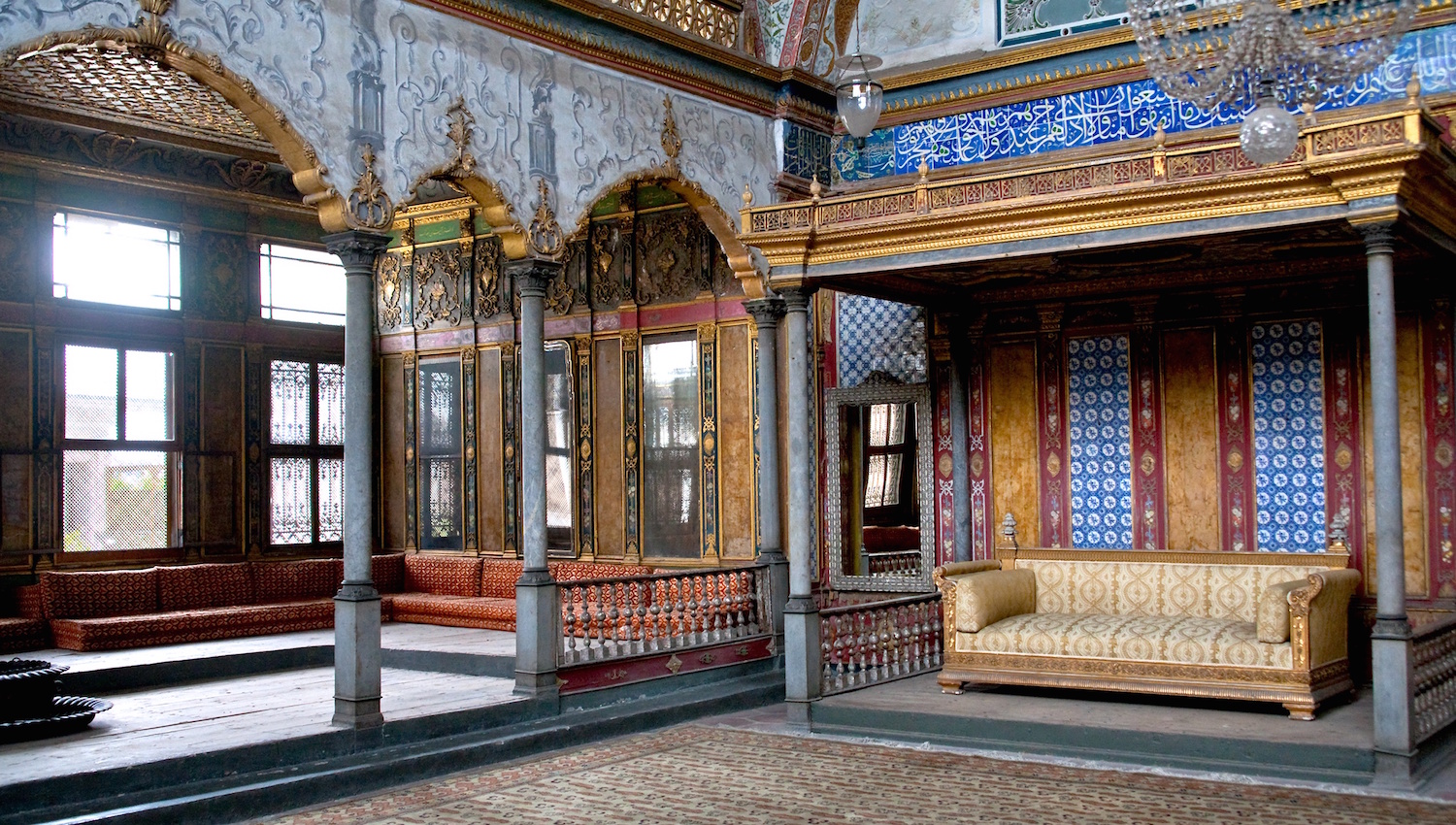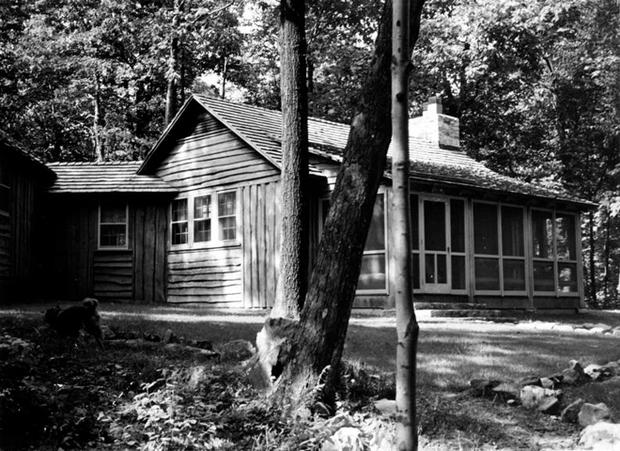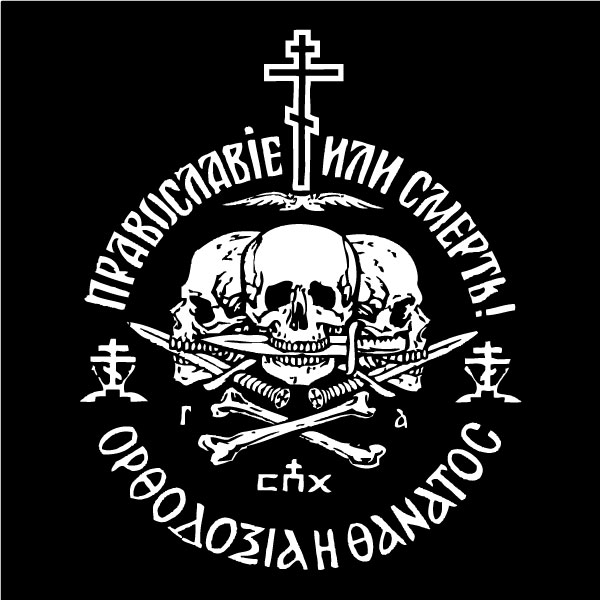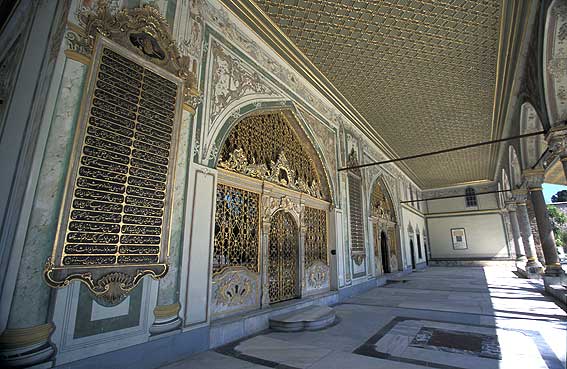


![]() by Joohan » Sat Jan 19, 2019 5:53 pm
by Joohan » Sat Jan 19, 2019 5:53 pm

![]() by Costa Fierro » Sat Jan 19, 2019 6:34 pm
by Costa Fierro » Sat Jan 19, 2019 6:34 pm

![]() by Joohan » Sun Jan 20, 2019 2:06 am
by Joohan » Sun Jan 20, 2019 2:06 am

![]() by Robo-Nixon » Sun Jan 20, 2019 5:32 am
by Robo-Nixon » Sun Jan 20, 2019 5:32 am

![]() by Labstoska » Sun Jan 20, 2019 11:48 am
by Labstoska » Sun Jan 20, 2019 11:48 am

![]() by Revlona » Sun Jan 20, 2019 5:44 pm
by Revlona » Sun Jan 20, 2019 5:44 pm
To: Argentina
From: Office of the President of Brazil
Representatives of the Argentinaian government, this memo is to inform you of the placement of the 22nd and 8th infantry divisions of the Brazilian Army at the border between Argentina and Brazil. Within accordance of the Brazilian constitution, this letter is being sent to you to inform you of this. Such measures are being carried out on all of Brazil’s borders in accordance with the presidents orders.
Otherwise, this letter is also being written to inform you that any attack on the Republic of Chile will be frowned upon by the Republic of Brazil. We note that World War 2 has just so suddenly ended, and starting a war in South America is not what any nation in the region needs.

![]() by Nea Byzantia » Sun Jan 20, 2019 5:51 pm
by Nea Byzantia » Sun Jan 20, 2019 5:51 pm



![]() by Costa Fierro » Mon Jan 21, 2019 11:36 pm
by Costa Fierro » Mon Jan 21, 2019 11:36 pm

![]() by Revlona » Tue Jan 22, 2019 10:34 am
by Revlona » Tue Jan 22, 2019 10:34 am
To: Argentina
From: The office of the President of Brazil
Representatives of Argentina, this letter has been sent to inform you of our displeasure at the illegal Argentinian attacks against the Republic of Chile.
Most especially, this letter is to protest the aerial attack by Argentinian forces on a civilian airport in the beginnings of your hostilities.
We ask that you immediately withdraw your forces from Chilean territory and to allow Brazil to interpose itself as a mediator in negotiations between the two sides.
To: The Commonwealth of Britain
From: The office of the President of Brazil
We the people of Brazil congratulate the British people for throwing off the chains of oppression that the German foe we both fought years ago imposed on you.
But unfortunately we must recognize that the British empire has ended, and with its end, must come the end to all British claims overseas, including those in South America.
This letter has been written to inform you, the representatives of the Commonwealth that the 1st Brazilian Infantry division had marched north to reinforce Brazilian claims on the former British Guyana.
We are willing to fully endorse your nation as the successor to all British claims in Europe, at the expense that you accept the loss of Guyana.

![]() by Joohan » Tue Jan 22, 2019 9:07 pm
by Joohan » Tue Jan 22, 2019 9:07 pm

![]() by Conwy-Shire » Wed Jan 23, 2019 3:44 am
by Conwy-Shire » Wed Jan 23, 2019 3:44 am

![]() by Nea Byzantia » Wed Jan 23, 2019 9:44 am
by Nea Byzantia » Wed Jan 23, 2019 9:44 am


![]() by Robo-Nixon » Wed Jan 23, 2019 11:39 am
by Robo-Nixon » Wed Jan 23, 2019 11:39 am

DISPATCH FROM THE STATE DEPARTMENT OF THE UNITED STATES OF AMERICA - ISSUED TO THE BRAZILIAN MINISTRY OF FOREIGN AFFAIRS - IN REGARDS TO CHILE-ARGENTINA CRISIS
-WITH ENSUING WAR AS A PREMISE, THE UNITED STATES SEEKS THE RESPONSIBILITY TO ASSIST THE BORDERING REGIONS WITH STABILITY, OFFERING TO:
-STATION 4,000 MILITARY ADVISORS WITH PROTECTIVE EQUIPMENT IN PORTO ALEGRE
-CONSTRUCT A MILITARY AIRPORT WITH UNITED STATES FUNDING TO PROVIDE SOUTHERN BRAZIL WITH AIR PROTECTION FROM POTENTIAL THREATS
-HOLD IMMEDIATE BILATERAL TALKS BETWEEN THE UNITED STATES AND BRAZIL TO FURTHER DEFENSIVE COOPERATION
To: The Argentine Ministry of Foreign Affairs
From: The United States State Department
The United States of America fiercely condemns Argentine actions of war against the Republic of Chile. The Argentine Armed Forces are to stand down, halt all military action and rescind hostile action to solve the ongoing crisis by arbitration or face severe diplomatic and economic consequences that are unlikely to have a favorable end for Argentina.
Sincerely,
Secretary of State David K. E. Bruce.

![]() by Reverend Norv » Wed Jan 23, 2019 11:41 am
by Reverend Norv » Wed Jan 23, 2019 11:41 am
For really, I think that the poorest he that is in England hath a life to live as the greatest he. And therefore truly, Sir, I think it's clear that every man that is to live under a Government ought first by his own consent to put himself under that Government. And I do think that the poorest man in England is not at all bound in a strict sense to that Government that he hath not had a voice to put himself under.
Col. Thomas Rainsborough, Putney Debates, 1647
A God who let us prove His existence would be an idol.
Dietrich Bonhoeffer

![]() by Joohan » Wed Jan 23, 2019 5:59 pm
by Joohan » Wed Jan 23, 2019 5:59 pm

![]() by Nea Byzantia » Thu Jan 24, 2019 5:40 am
by Nea Byzantia » Thu Jan 24, 2019 5:40 am




![]() by Labstoska » Fri Jan 25, 2019 11:55 am
by Labstoska » Fri Jan 25, 2019 11:55 am
To: The whomever it may concern within the republic of Brazil
From: The Thelemic commonwealth of Britain
We here in the Commonwealth are ecstatic that you have decided to recognise us as the inheritor of the British isles. We have no qualms of your occupation of Guiana, the Thelemic commonwealth has never pertained to be the successor to the British empire and we do not intend to assert any such claims.
With the establishment of a formal relations between our two states we would like to request that we should strengthen our ties with the construction of an embassy within your nation, our government would also like to look into the possibility of trade between our two nations, the commonwealth has been unfortunately lacking heavy industrial equipment and has instead been primarily focused on agricultural production. Our government would like to begin the mass importation of industrial equipment into the Commonwealth from the Brazilian republic. We hope to receive a response soon.
Yours sincerely
David Achareson, foreign minister for the Commonwealth of Britain

![]() by Greater Liverpool » Fri Jan 25, 2019 3:30 pm
by Greater Liverpool » Fri Jan 25, 2019 3:30 pm


![]() by Robo-Nixon » Sat Jan 26, 2019 5:58 am
by Robo-Nixon » Sat Jan 26, 2019 5:58 am

To: Her Majesty Queen Phương Anh Thị Nguyễn
From: Ambassador Patrick J. Hurley
The United States and the Kingdom of Indochina, are, despite formal diplomatic relations, not traditional or longstanding allies with international significance. This does not have to be the case.
It has been requested by the office of the President of the United States that further economic ties between our two nations would benefit both greatly. I, therefore, have the honor to propose to Her Majesty that a bilateral conference for trade relations should be hosted in Indochina, for the two to develop closer relations and promote business in the respective countries.
Should Her Majesty be willing to help commit Indochina to a building block to the wealth of our nations, I believe Her people and Her friends in the United States will rejoice.
I leave it to Her Majesty to accept the President's proposal and wait patiently for developments.
Sincerely,
Secretary of State Patrick J. Hurley

![]() by Conwy-Shire » Sat Jan 26, 2019 4:39 pm
by Conwy-Shire » Sat Jan 26, 2019 4:39 pm
March 26: 15/30 Uhr
-- Meeting with Generalfeldmarschal Erich von Manstein: re. development of Guderian's Schwerpunktprinzip, production of Panthers, promotion of Siegfried Westphal to General der Panzertruppe and subsequent command of the reformed 1. through 5. Panzergrenadierdivisione. --
-- End Meeting --
March 29: 03/00 Uhr
-- Joint-meeting of the OKH[eer],OKL[uftwaffe],OKM[arine], and OKW[ehrmacht] regarding the breakout occurring in the Flemish pocket. OKL assures us that SS forces do not have the air support or fuel to reach very far. OKM confirms that the blockade is now useless: not a single ship has tried to run the blockade in a year. I, on behalf of the OKH, have commended Heinrici's strategy in closing the breakout. Casualties have been calculated as minimal - less than 1,000 - though we anticipate there will be no surrender. Motion put to the joint meeting for a centralised fire-control system under OKW control, to co-ordinate artillery and air bombardments for ground targets. Motion passed after lively debate, with anticipation that the breakout SS force will have to be bombarded into submission. --
-- End Meeting --
April 4: 11/15 Uhr
-- Civilian-Liaison meeting with head of the VDV, Konrad Adenauer. VDV expressed concerns with power transition after meeting with OKW. I assured him that military control would be relaxed soon due to new developments in the Bruderkrieg. Concern was then expressed about the OKW's monarchist leanings: VDV prefer a republic, though the public is unconsulted. I re-iterated OKH's neutrality in the matter, but stated unequivocally that a compromise will serve best. Adenauer seemed displeased, but I can't get involved. --
-- End Meeting --

![]() by Nea Byzantia » Mon Jan 28, 2019 6:20 am
by Nea Byzantia » Mon Jan 28, 2019 6:20 am



![]() by Greater Liverpool » Mon Jan 28, 2019 4:59 pm
by Greater Liverpool » Mon Jan 28, 2019 4:59 pm
To: Whom it concerns in the American Congress.
From: Ambassador Bianca Romagnoli
The United States has always been a bastion of Freedom for the world, one the first nations to re-embrace the ideas of my ancestors of the Roman Republic. You truly are the envoy of the world. Although in previous years Italy and America have not had solid relations even fighting each in a war that was just to please the arrogance of the Fascist party that was in power at the time. We the new Italian Republic now know that the US is not our enemy but instead a Worthy friend and ally. This is why as head of the Italian diplomatic mission to America I would like to present an itinerary for future talks:
1. Trade deals between the US and Italian Republic
2. Cooperation of Military and Intelligence services between the two nations
3. Discussion on strategies for containing Communism and Fascism in Europe
4.Talks about Situations going on in the Union of Balkan Socialist Republics and the Former United Kingdom of Great Britain and Northern Ireland
I hope that this will be enough for our two nations to talk about and if there is anything you wish to talk about please do say I and the Italian Republic would be happy to answer any questions you may have.
Sincerely,
Ambassador Bianca Romagnoli

![]() by Joohan » Tue Jan 29, 2019 10:23 pm
by Joohan » Tue Jan 29, 2019 10:23 pm

![]() by Nea Byzantia » Wed Jan 30, 2019 6:50 am
by Nea Byzantia » Wed Jan 30, 2019 6:50 am

To: Regent Dusan of Serbia
From: Father Grigorios Paladamakis, Acting President for the Hellenic Orthodox Republic
We pray to the Lord and Master for your continued health; and thank Him for Serbia's intervention, so as to liberate the Hellenic people from the yoke of Communism. For 10 years, Velouhiotis, that Son of the Devil, has placed a heavy burden on both the Church and the People as a whole. Finally, the time has come to throw off the yoke of the Red Sultan, and restore Hellenic Civilization and her amicable relationship with her Brother, Serbia - relations that have been tainted by the illegitimate, Communist usurpers. Athens, as you know, has taken up arms against the Communist oppressors; and now Thessaloniki as well. We humbly and kindly request, most honourable Regent, your recognition of our Republic. The Dark Night of Communism is at last coming to an end, and we kindly request your aid, to help us build something better. Something more worthy of our ancient ancestors, and our Holy Orthodox Faith.
Sincerely and Respectfully,

![]() by The Imperial Warglorian Empire » Wed Jan 30, 2019 6:37 pm
by The Imperial Warglorian Empire » Wed Jan 30, 2019 6:37 pm
Advertisement
Return to Portal to the Multiverse
Users browsing this forum: Quasi-Stellar Star Civilizations, The Republic of Atria, Zei-Aeiytenia
Advertisement